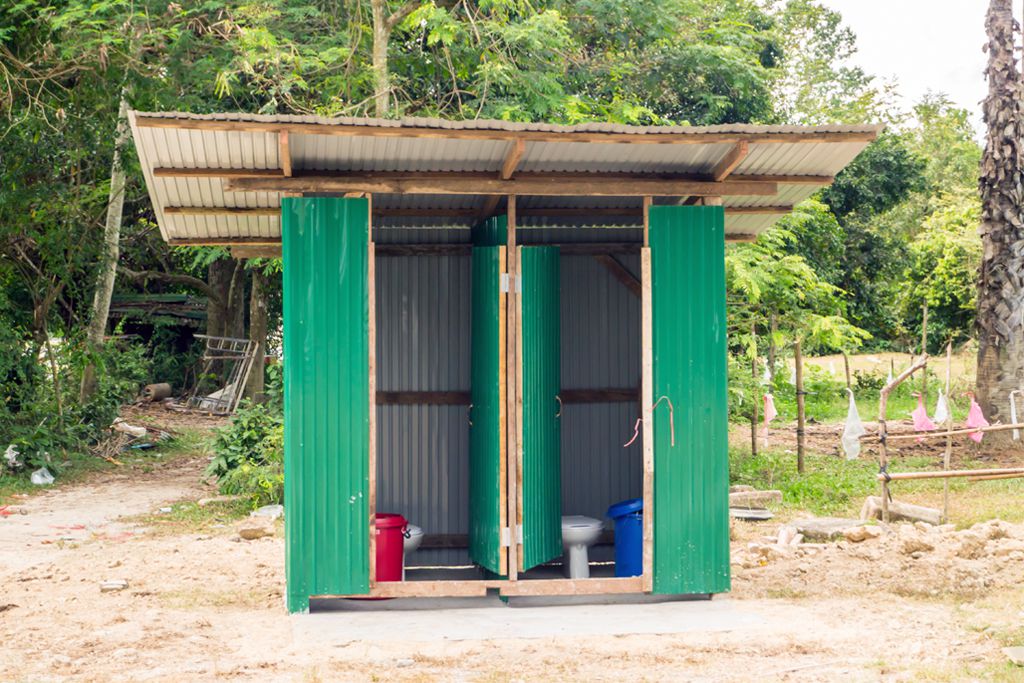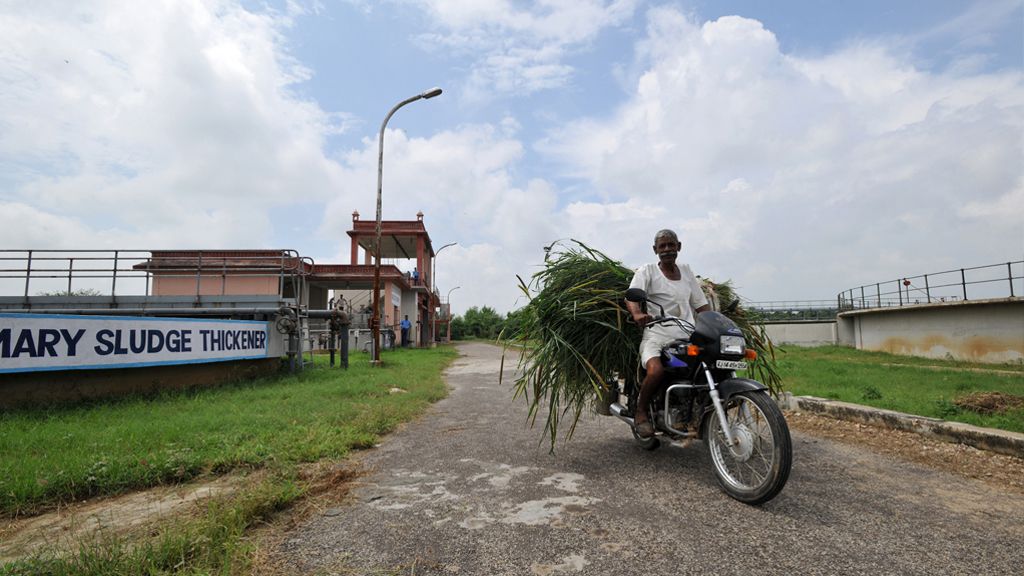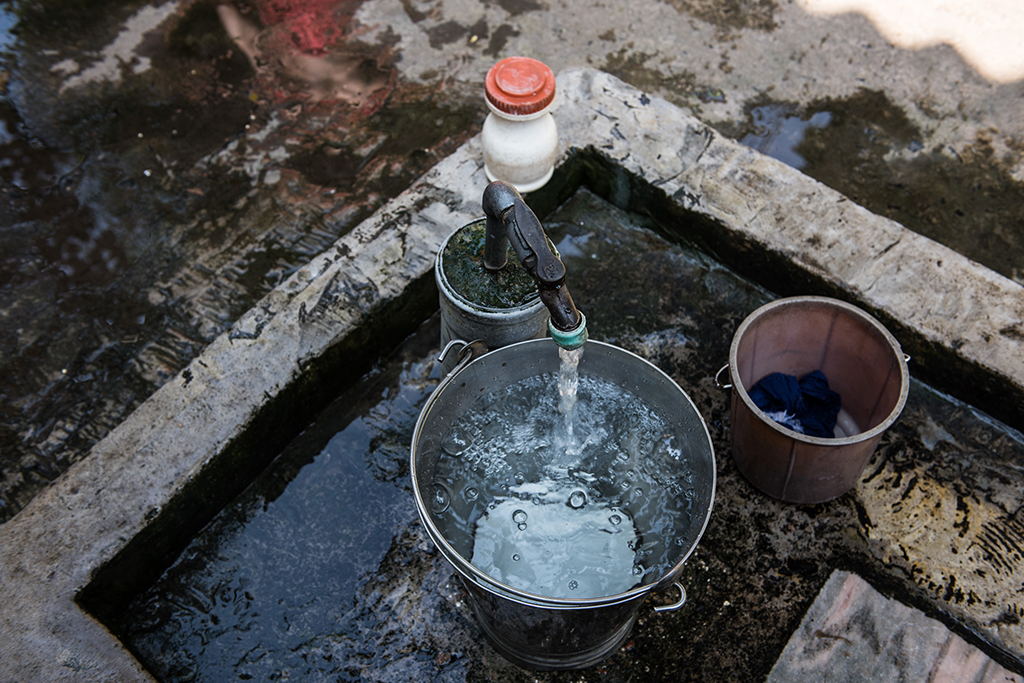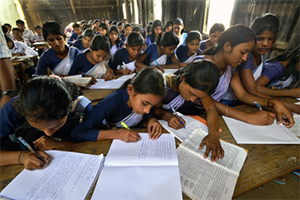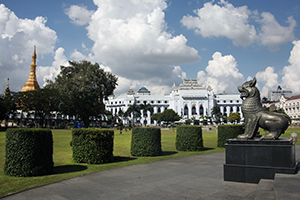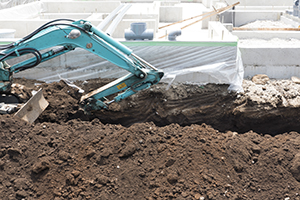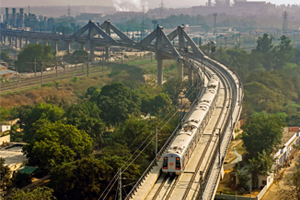Governance and public sector management, Transport
In India, the project to build the country’s first 500-kilometer high-speed railway (HSR) from Mumbai to Ahmedabad is underway. For comparison, all top 10 economies in the world except the United States have constructed several HSR lines in the past 30 years. The People’s Republic of China (PRC) alone has built nearly 28,000 kilometers of HSR in the past 20 years. Nevertheless, opinion makers in India are expressing contradicting views, questioning whether it is suitable for the country to develop expensive infrastructure such as HSR.

